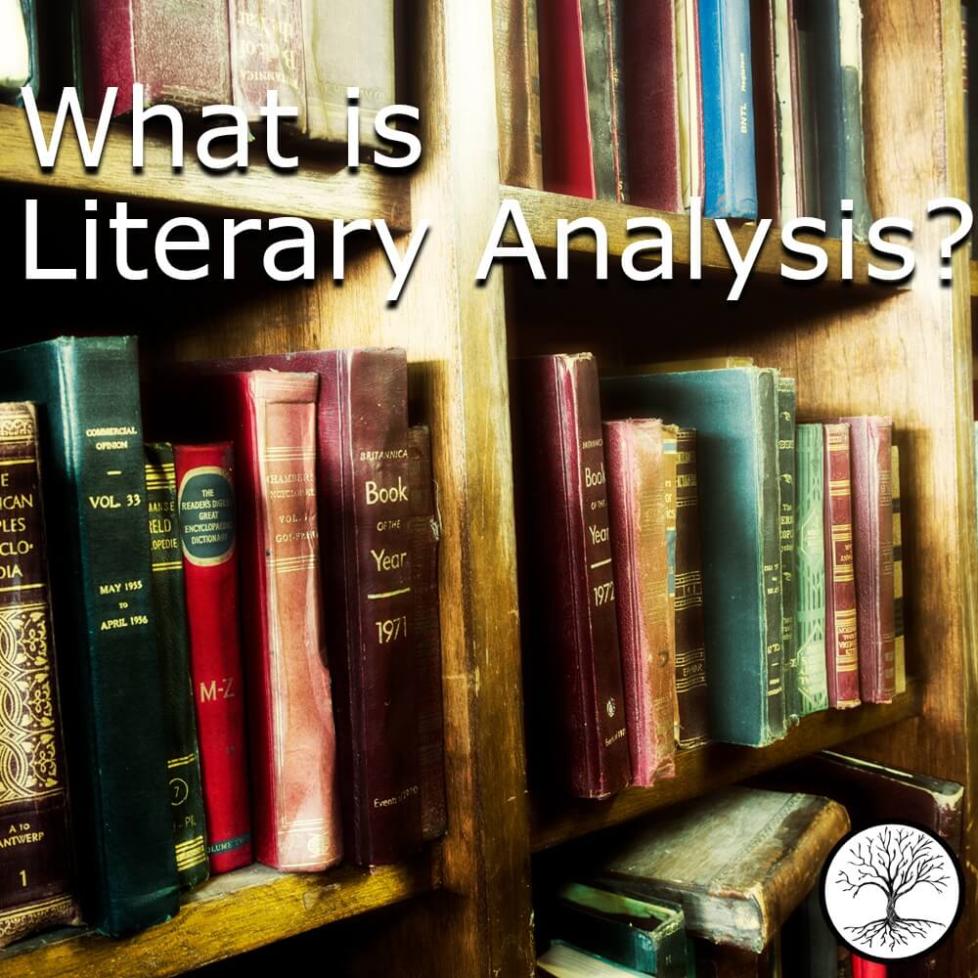What Are Some of the Most Influential Book Reviews in History?
In the vast realm of literature, book reviews stand as gatekeepers, tastemakers, and arbiters of literary merit. They have the power to shape perceptions, influence sales, and even alter the course of literary history. Throughout the ages, certain book reviews have left an indelible mark on the literary landscape, sparking controversies, propelling authors to stardom, and fundamentally changing the way we read and understand literature.

A Brief History Of Book Reviews
The tradition of book reviews can be traced back to the early days of printing, when scholars and critics penned lengthy critiques of newly published works. Over time, book reviews evolved into a more accessible form, appearing in newspapers, magazines, and literary journals. In the 20th century, the rise of mass media and the advent of the internet further amplified the reach and impact of book reviews.
Influential Book Reviews That Shaped Literary History
- "The Waste Land" by T.S. Eliot (1922)
- "Ulysses" by James Joyce (1922)
- "To Kill a Mockingbird" by Harper Lee (1960)
- "The Feminine Mystique" by Betty Friedan (1963)
- "The Silence of the Lambs" by Thomas Harris (1988)
Published in the influential literary journal "The Criterion," Ezra Pound's glowing review of T.S. Eliot's "The Waste Land" hailed the poem as a "masterpiece" and a "revolution in poetic form." Pound's endorsement catapulted Eliot to fame and cemented the poem's place as a modernist classic.
Virginia Woolf's review of James Joyce's "Ulysses" in "The Dial" was a mixed bag. While she praised Joyce's linguistic experimentation and stream-of-consciousness technique, she also criticized the novel's晦涩难懂 and lack of a coherent narrative. Despite Woolf's reservations, her review generated significant buzz and helped establish "Ulysses" as a groundbreaking work of modernism.
Orville Prescott's review of Harper Lee's "To Kill a Mockingbird" in "The New York Times" was an unqualified rave. Prescott hailed the novel as "a masterpiece of American fiction" and praised Lee's "rare gift for storytelling." Prescott's review played a pivotal role in the novel's commercial success and its enduring status as a classic of American literature.
Published in "The New York Times Book Review," Marya Mannes' review of Betty Friedan's "The Feminine Mystique" was a watershed moment in the history of feminism. Mannes praised Friedan's groundbreaking analysis of the oppression of women in suburban America and credited the book with sparking a new wave of feminist activism.
Stephen King's glowing review of Thomas Harris' "The Silence of the Lambs" in "Entertainment Weekly" catapulted the novel to the top of the bestseller lists and helped establish it as a modern horror classic. King's endorsement was particularly significant given his own stature as a bestselling author in the horror genre.
The Impact Of Book Reviews On Authors And Careers
Book reviews can have a profound impact on the careers of authors. Positive reviews can generate buzz, boost sales, and lead to critical acclaim. Conversely, negative reviews can damage an author's reputation and make it difficult for them to find publishers or readers. In some cases, book reviews have even led to authors being blacklisted or censored.
Controversial And Polarizing Reviews
Not all book reviews are met with universal acclaim. Some reviews have sparked controversy or polarized readers and critics. These reviews often challenge conventional wisdom or offer provocative interpretations of a work. While controversial reviews can be damaging to an author's reputation, they can also generate significant publicity and attract new readers.
Reviews That Changed Literary Landscapes
Certain book reviews have played a pivotal role in shaping literary movements or genres. These reviews can introduce new ideas, challenge established norms, or champion marginalized voices. By doing so, they can fundamentally change the way we read and understand literature.
Modern-Day Book Reviews
In the digital age, the landscape of book reviews has undergone a dramatic transformation. Online platforms, social media, and algorithms now play a significant role in the reception and impact of book reviews. While this has democratized book reviewing, it has also led to concerns about the decline of traditional literary criticism and the proliferation of clickbait reviews.
Book reviews have long been a powerful force in shaping literary discourse and influencing readers' experiences. From the early days of printing to the modern-day digital landscape, book reviews have played a pivotal role in shaping literary history, launching careers, and sparking controversies. As we continue to navigate the ever-changing world of literature, book reviews will undoubtedly remain a vital part of the literary ecosystem.
YesNo

Leave a Reply